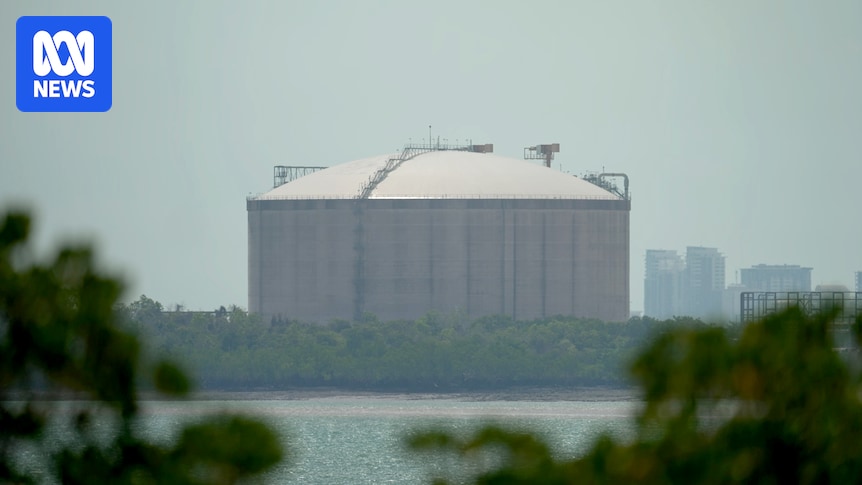
In a revelation that has sent shockwaves through Australia’s energy sector, an ABC report has exposed a long-standing methane leak at a liquefied natural gas (LNG) plant near Darwin. This disclosure not only sparked public outcry but also played a pivotal role in the collapse of a $36 billion foreign takeover bid involving Australia’s second-largest oil and gas producer, Santos.
The leak, originating from a storage tank at the Darwin LNG plant, had been ongoing since the facility’s inception nearly two decades ago. Despite being known to several government agencies, the issue was kept under wraps, allowing Santos to proceed with plans to extend the plant’s operations until 2050 without addressing the environmental hazard.
Unveiling the Leak: A Timeline of Events
The story began to unfold in May 2020 when the Northern Territory Environment Protection Authority (NTEPA) approved the plant’s life extension. This decision was crucial for Santos, which had acquired the plant earlier that year and needed the extension to develop its controversial Barossa gas field. The Barossa project, criticized for its high carbon dioxide emissions, relied on the aging Darwin plant for gas liquefaction.
However, the Environment Centre Northern Territory, an organization opposing fossil fuel projects, sought access to documents supporting the NTEPA’s decision. Their efforts were initially thwarted by Santos, which claimed confidentiality. Yet, the Centre eventually learned of the methane leak, leading to a successful Freedom of Information (FOI) request that confirmed the breach of environmental regulations.
The Leak’s Impact on the Takeover Deal
The ABC’s revelation of the leak came at a critical juncture for Santos, which was in negotiations with a consortium led by the Abu Dhabi National Oil Company (ADNOC) for a historic foreign cash takeover. The $36 billion deal would have been the largest in Australian stock market history. However, the disclosure of the leak, reportedly discovered by ADNOC through ABC’s reporting, contributed to the deal’s collapse.
“After intensive due diligence, [the consortium] team only found out about the leak when the story appeared in the media,” reported The Australian newspaper.
This unexpected development raised concerns about potential clean-up costs and regulatory scrutiny, ultimately leading ADNOC to withdraw from the negotiations. The consortium cited a “combination of factors” for its decision, with the leak being a significant consideration.
Regulatory and Environmental Concerns
Following the ABC report, federal crossbenchers criticized the lack of transparency and called for government intervention. The NT EPA, under scrutiny for its handling of the situation, announced plans to revisit the leak issue with Santos. The agency’s chair, Paul Vogel, who faced conflict of interest allegations, stated that the leak would be accounted for in future emissions under the Safeguard Mechanism if it proved too costly to fix.
Meanwhile, the NT government renewed the Darwin LNG plant’s Environmental Protection Licence, imposing new conditions for monitoring and reducing methane emissions. The decision was made without Vogel’s participation to avoid further conflict of interest claims.
Looking Forward: Implications for the Energy Sector
The collapse of the takeover deal and the public exposure of the methane leak have significant implications for Australia’s energy sector. The incident highlights the need for greater transparency and accountability in environmental reporting and regulatory oversight. It also raises questions about the future of the Barossa project and Santos’s role in addressing environmental concerns.
As the NT EPA and Santos engage in further discussions, the focus will be on ensuring that the leak is effectively managed and that similar issues are prevented in the future. The incident serves as a reminder of the importance of environmental stewardship in the pursuit of energy development and economic growth.
With the spotlight now firmly on Santos and the Darwin LNG plant, stakeholders across the industry will be watching closely to see how the situation unfolds and what measures are implemented to prevent such occurrences in the future.







